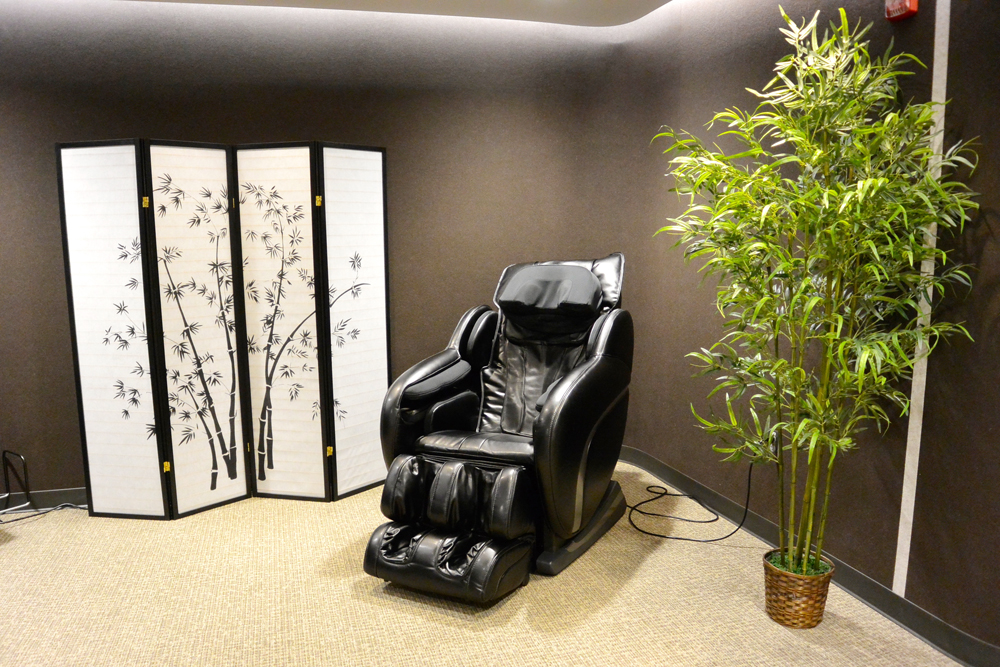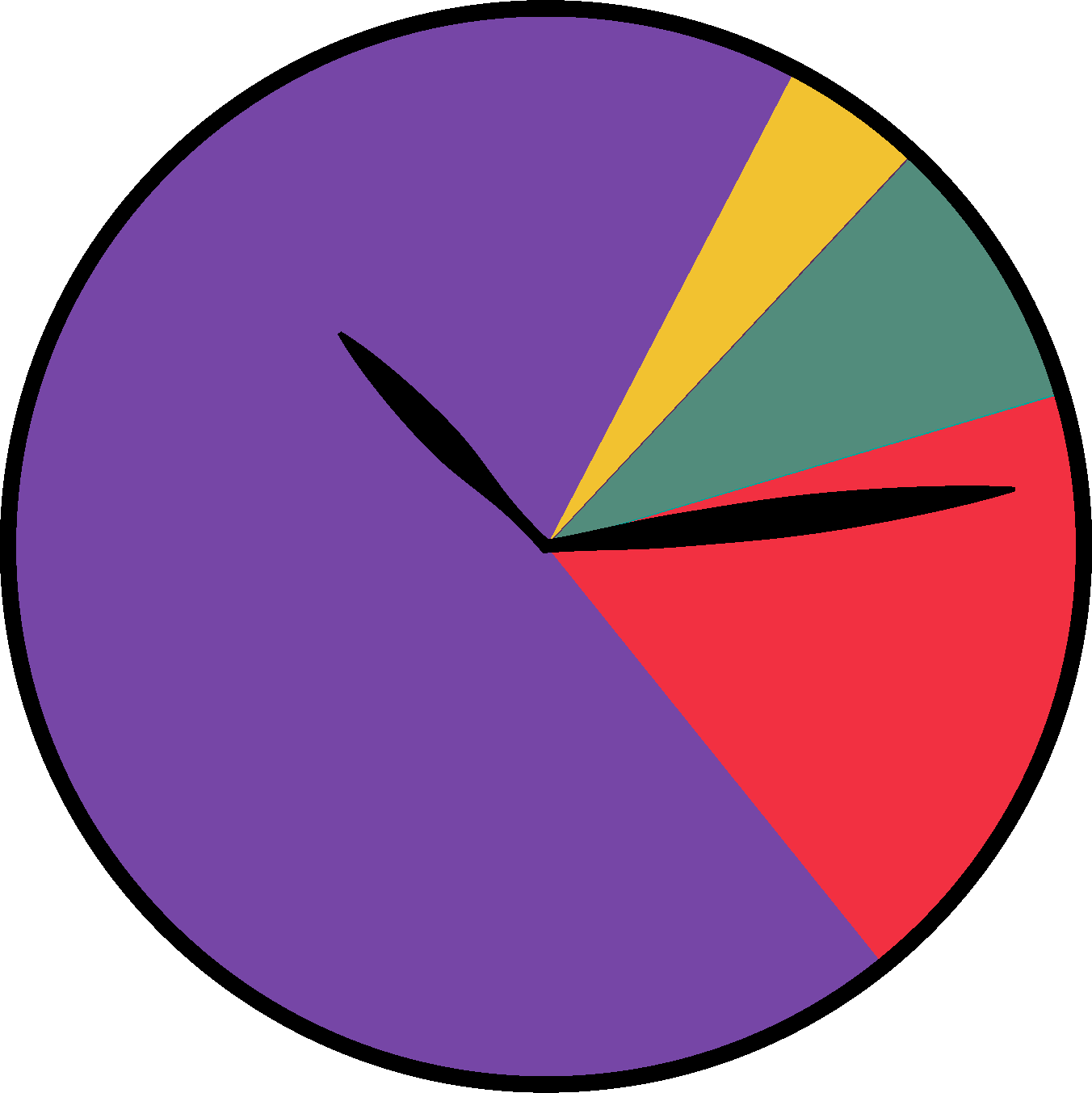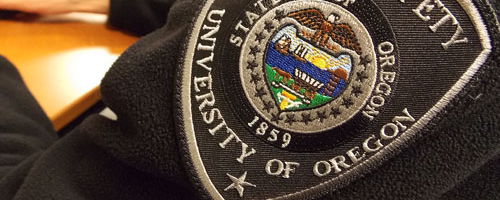You can exercise and eat all the raw kale you want. You can study six hours per day and get eight hours of sleep per night. You can take all the vitamins and fish oil in the world. But diet, exercise, sleep, and study don’t really matter when you’re barely holding on by a thread.
Everyone has experienced those moments. You know the ones: you’re a crying mess, curled up in bed, unsure of what the next step is, unsure of whether or not you can make it to the end of term. You don’t know if it’s school that’s overwhelming or work or your relationship or what, but it all just seems to be too much.
It is not only normal to feel these things from time to time, it is absolutely understandable in an age where you’re expected to go to school full time, work 20 hours per week, work an internship, and all the while be, you know, human. Being a college student can be really hard, and sometimes you feel like you’re going at it alone. But you’re not alone.
True, it can be difficult to ask for help. It can be a source of shame or embarrassment in our culture. But it is nothing to be embarrassed about. Wanting or needing to talk to a health professional about stress, anxiety and/or depression doesn’t make you weird or defective. Experiencing those things makes you a normal human being. Hey, sometimes life sucks.
Well, lucky you. There are tons of people out there who are trained to help you figure out what to do to make life suck a little less. These people can guide you in the right direction so you won’t feel so overwhelmed or isolated, and so you can actually start to enjoy life again. I promise it is possible.
Sometimes you need to talk about your problems. Sometimes your friends are too bone-headed to be able to help. Sometimes, as a college student, you’re probably busy to the point that you practically live on campus. That’s where the Center for Student Health and Counseling comes in.
I talked to Dr. Marcy Hunt, the director of Counseling Services at SHAC about how to take advantage of all that SHAC has to offer.
VG: What does Counseling Services do?
Hunt: “We offer individual counseling, group therapy, psychiatric and medical management services, and learning disability and ADHD assessments. We also offer emergency counseling services.”
VG: What are the benefits to all the different services?
Hunt: “I think there are a lot of different ways that mental health services can be helpful to someone. [SHAC Counseling Services] is fine-tuned to the individual in terms of what is going to benefit them the most.
Students can walk in to see us any day of the week. I think for our students, knowing that there’s a resource available to them when they want or need it, that’s really important…In talking to a counselor, they can co-create a plan.
Sometimes, it’s helping them to connect to another resource on campus…For others, if it’s more of a long-standing issue, it may be that coming in weekly and meeting with a therapist is really helpful.”
VG: Why should students take advantage of these services?
Hunt: “There are great benefits to counseling. I think everybody should do therapy at some point in his or her life, just because it’s helpful to have a confidential, safe space to talk to someone and sort out what’s happening. I tell people: ‘You can bring everything in here, and you can throw stuff you don’t want in the trash.’ Then you’re able to move on in your life.
Coming in and meeting with a therapist is really helpful in building a toolbox of coping skills so [students] can better manage their depression symptoms or anxiety symptoms. We can help you sort out what you need.
The number one reason why folks come to talk to us is because of their stress and anxiety level. They kind of feel like they’re escalating through the roof. This is a stressful environment—it’s inherent. We can help you to develop some skills to better manage that to get the most out of your education.”
VG: Do you have any advice for people who might be hesitant to ask for help?
Hunt: “There are a lot of myths out there about asking for help. In our culture it’s seen as a negative—that to go talk to a counselor, you have to be really sick. I just want to push against that and say that coming to talk to someone is like having breakfast in the morning. It’s part of [remaining healthy].
I encourage students to just come once. You can do anything once. You’re not signing onto anything more than a consultation, so use it as a way to get information…You might learn something about what your options are, and then you can make the choice about when or how you want to access us.
For folks that are hesitant, I encourage them to go on our website. We have mental health resources there—just simple strategies, things to think about.
Another thing we have is the Mind Spa. It’s open to all of our students. You are not required to have had any of our other services to utilize it. We have light therapy, a yoga mat, meditation tools. It is a wonderful resource for taking some time out in your day and learning relaxation strategies or using the massage chair to just chill out for 20 minutes.”
VG: Do you have any advice for people who might be concerned for their friends?
Hunt: “Any student can walk in and consult with one of our counselors as a way to get some additional ideas or resources. We encourage students living in the resident halls to talk to their RAs or other staff there just to link them in to getting some more ideas about how to support someone in crisis.
If someone can’t walk over, call us. Counselors are available to talk on the phone. We can help them to access more immediate resources if there’s a significant concern for safety. If it’s after-hours, use the Multnomah County Crisis Line. It’s a 24-hour resource.”
You can call the Multnomah County Crisis Line 24 hours a day at: 503–988–4888.






